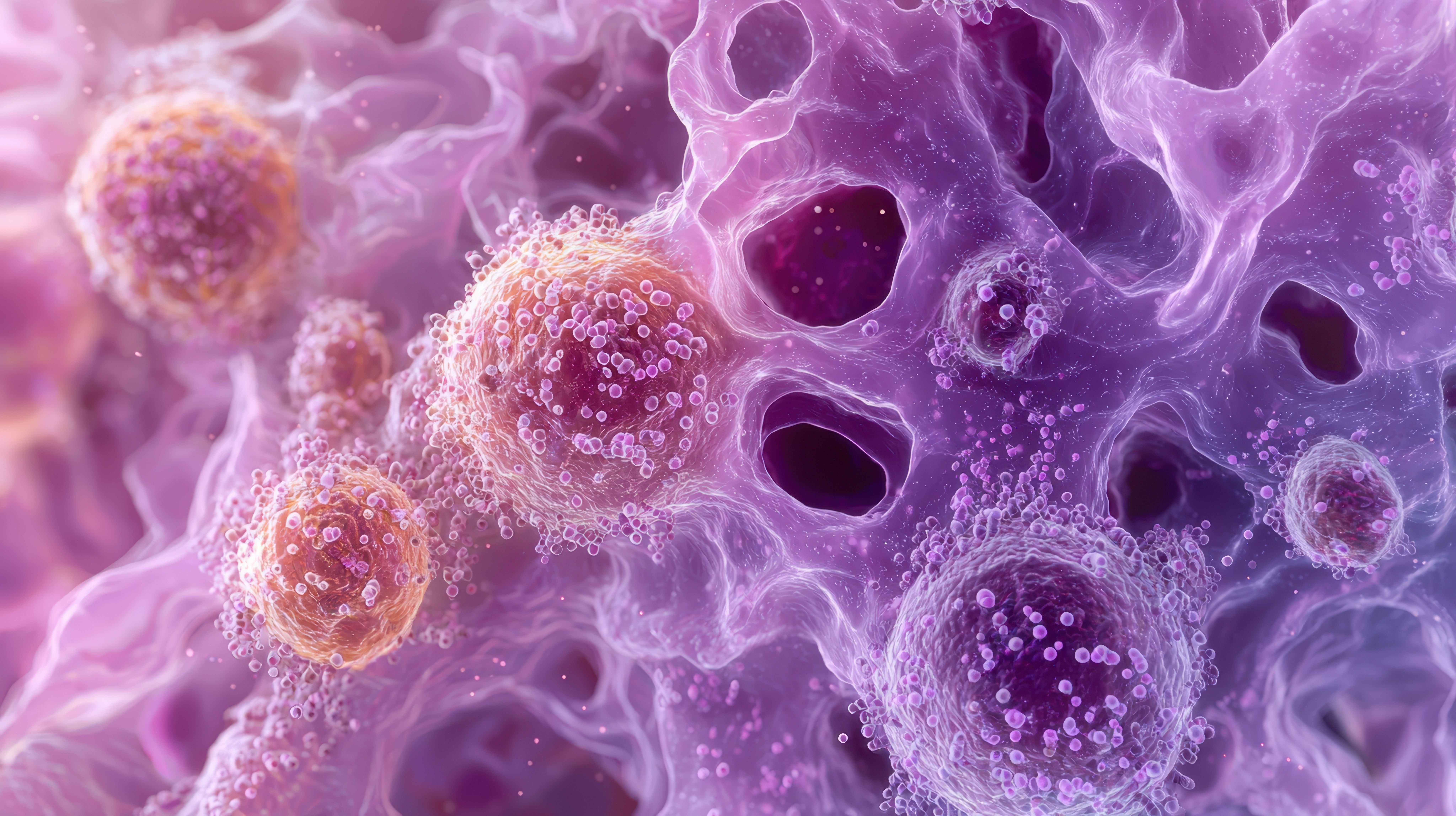Article
Researchers Identify Protein Linking Obesity, Breast Cancer
Author(s):
A protein secreted by fat cells may link obesity and breast cancer, according to a newly published article inTrends in Molecular Medicine.
A protein secreted by fat cells may link obesity and breast cancer, according to an article published by a researcher at the University of Louisville in Trends in Molecular Medicine.
“Many types of cancer are related to obesity, not only breast cancer,” said Bing Li, PhD, author of the article, in a press release. “More than 13 types of cancer are clearly associated with obesity, and I think the list will go on and on once we have more data.”
Based on his ongoing research, Li has proposed that the FABP4 protein is responsible for the underlying mechanism behind obesity-associated breast cancer. The FABP4 protein is produced in fat cells by adipose tissue in the body. Some FABP4 enters the bloodstream under normal conditions; however, when a higher volume of fat accumulates, the FABP4 levels secreted into circulation can increase.
“When we get obese, this protein is secreted out much more into the circulatory system,” Li said. “Normally these molecules are inside the cells, but when people are obese, the molecules are outside.”
Li proposed 2 ways in which FABP4 could stimulate the growth of breast cancer tumors.
First, FABP4 increases in certain tumor-associated macrophages within the cells, which accumulate in tumors to promote growth. Notably, when FABP4 is inhibited, Li found that tumor growth is reduced in animal models even when the adipose tissue remained.
His second theory states that when elevated levels of FABP4 circulate outside the fat cells in obesity, the protein further promoted breast cancer development through interaction with the cancer cells. Animal research has found that mammary tumor development and growth were reduced in obese animals when FABP4 was controlled.
These new proposals are closely related to Li’s earlier research surrounding high-fat diets and tumor development. Earlier findings showed that high-fat diets of either cocoa butter or fish oil both result in fat-induced obesity, although only the cocoa butter diet resulted in increased mammary tumor growth. These findings confirmed the important role of FABP4 in obesity-associated cancer, but also found that not all obesity promotes tumor development, according to the study.
Although the new research is promising, Li said that a better understanding of how FABP4 functions both within macrophages and in circulation is important to preventing certain breast cancers from progressing. Furthermore, research into FABP4 could lead to the development of treatment methods that target FABP4 with drugs or specific antibodies.
REFERENCE
UofL researchers publish theory that specific protein from adipose tissue promotes breast cancer development [news release]. University of Louisville; April 13, 2020. http://www.uoflnews.com/releases/uofl-researchers-publish-theory-that-specific-protein-from-adipose-tissue-promotes-breast-cancer-development/. Accessed April 15, 2020.
Newsletter
Stay informed on drug updates, treatment guidelines, and pharmacy practice trends—subscribe to Pharmacy Times for weekly clinical insights.





